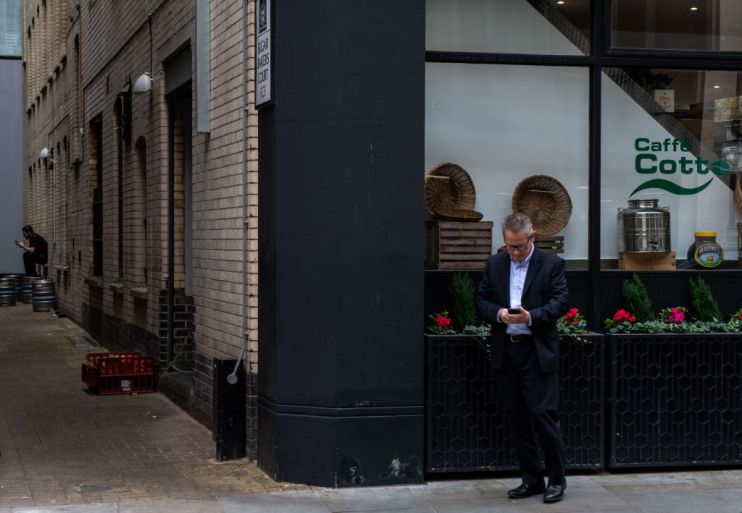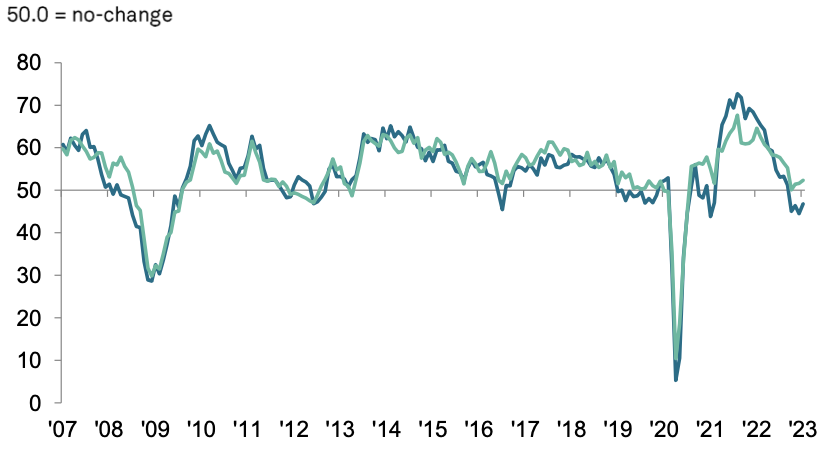Businesses trim hiring ahead of possible UK recession but experts cheer swelling vacancies

Businesses are reining in hiring ahead of an economic slowdown that could tip the UK into recession, a closely watched survey out today shows.
Permanent hires fell for the fourth month in a row last month, with KPMG and the Recruitment and Employment Confederation’s (REC) permanent placement index coming in below the 50 point growth threshold again at 46.8 points.
Despite still being in negative growth territory, the rate of decline cooled, signalling warnings about a severe recession may have been overblown.
“January’s recruitment activity suggests that speculation about a shallower economic downturn may be justified. While permanent placements dropped for the fourth straight month, the pace of contraction slowed and temporary billings growth accelerated again,” Neil Carberry, chief executive of the REC, said.
Temporary hires expanded for at least the fifth month in a row.
There are indications firms are expecting the coming economic slump to be shallow and short lived.
The rate of vacancy growth climbed for the first time in nine months, “another sign of firms feeling confident to hire, even if they are leaning more to temporary hiring than normal in this uncertain environment,” Carberry added.
Some of the worst recession warnings at the tail end of last year look outdated.
Permanent hiring is on a downward trend

The National Institute of Economic and Social Research, Britain’s oldest economic think tank, said today it does not expect the country to tip into recession and that the economy is poised to expand 0.2 per cent this year.
Earlier this month, the International Monetary Fund pitted the UK as the only rich economy to shrink in 2023.
Unemployment has failed to climb meaningful in the UK since the economy started softening around the middle of last year.
It is running at 3.7 per cent, a multi-decade low, although real joblessness is being hidden by around 500,000 leaving the workforce since the beginning of the pandemic.
A shallower workforce prompted firms to hike pay to lure and retain talent. The REC and KPMG said its wage index topped 60 points, far above the 50 point growth mark.